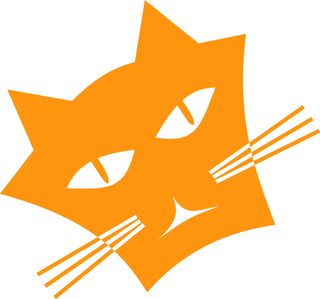M2M Internet of Things innovation pushed by UK Technology Strategy Board
HyperCat, a new Internet of Things specification from the UK's Technology Strategy Board, could help drive innovation for SMEs

A new Internet of Things (IoT) specification, HyperCat, has promised to allow machines to work together in the future without input from humans.
The move comes from a UK tech consortium made up of more than 40 companies and funded by the Technology Strategy Board. HyperCat is the result of a drive towards accelerating and expanding the IoT revolution through interoperability between machines. Applications will be able to explore and make sense of data across a variety of services.
For an application designed to understand temperature data, for example, HyperCat will help it find this information even amongst unrelated data it cannot interpret.
As the industry grows, it is hoped that HyperCat can provide a standard through which all companies will speak the same language, emulating the pattern previously seen with the World Wide Web.
A major roadblock for the IoT, says the team behind HyperCat, is vertically-integrated applications that prevent cross-service communication without human intervention.
HyperCat promises to free future apps related to the IoT from the "human programmer bottleneck," helping businesses to derive new information, new analysis and new business models from accrued data.
Pilgrim Beart, CEO of IoT start-up 1248, pointed to the number of connected machines now outnumbering the population, leaving us with a lack of resources to help these machines communicate via coding.
Get the ITPro. daily newsletter
Receive our latest news, industry updates, featured resources and more. Sign up today to receive our FREE report on AI cyber crime & security - newly updated for 2024.
HyperCat aims to remove people from the equation completely, aiding the growth of the IoT to be used for a variety of purposes such as improved quality of life for the elderly, energy savings and building smart cities.
"HyperCat is a seed that will be watered further, and what the government has done is put in place this crucible that brings together a lot of different stakeholders from application developers, data owners, end users, large companies and small companies," said Justin Anderson, CEO and founder of IoT company Flexeye.
"We've gotten to a point now where we really are leading the world in this thinking around interoperability of the IoT."
The potential for HyperCat to drive innovation for SMEs in the UK, giving Britain a lead in IoT technology, is a significant part of the Technology Strategy Board's initiative. The estimated global value add of the IoT industry is $1.7 billion, with the UK set to take a percentage of this.
"If we can push our manufacturing, our utilities and our transport industries up to be more connected and to deliver products into the marketplace that utilise those connections," Anderson continues, "then that gives us a fantastic opportunity to lead the world in an area that is really going to make an enormous amount of difference over the next decade. If we get this right then the potential is enormous."
The eight Technology Strategy Board clusters include Distance, EyeHub, IoT-Bay, i-Move, International Airport, OpenIoT, Smart Streets and Stride.
On concerns over the rise of the IoT, ARM's Amyas Phillips said: "This will work to empower people. What scares people about the Internet of Things that human beings are going to be left behind, somewhere out there someone's going to be controlling your data, someone's going to be managing your life that's the wrong image. We must maintain that the Internet of Things will be fundamentally empowering."
Caroline has been writing about technology for more than a decade, switching between consumer smart home news and reviews and in-depth B2B industry coverage. In addition to her work for IT Pro and Cloud Pro, she has contributed to a number of titles including Expert Reviews, TechRadar, The Week and many more. She is currently the smart home editor across Future Publishing's homes titles.
You can get in touch with Caroline via email at caroline.preece@futurenet.com.





